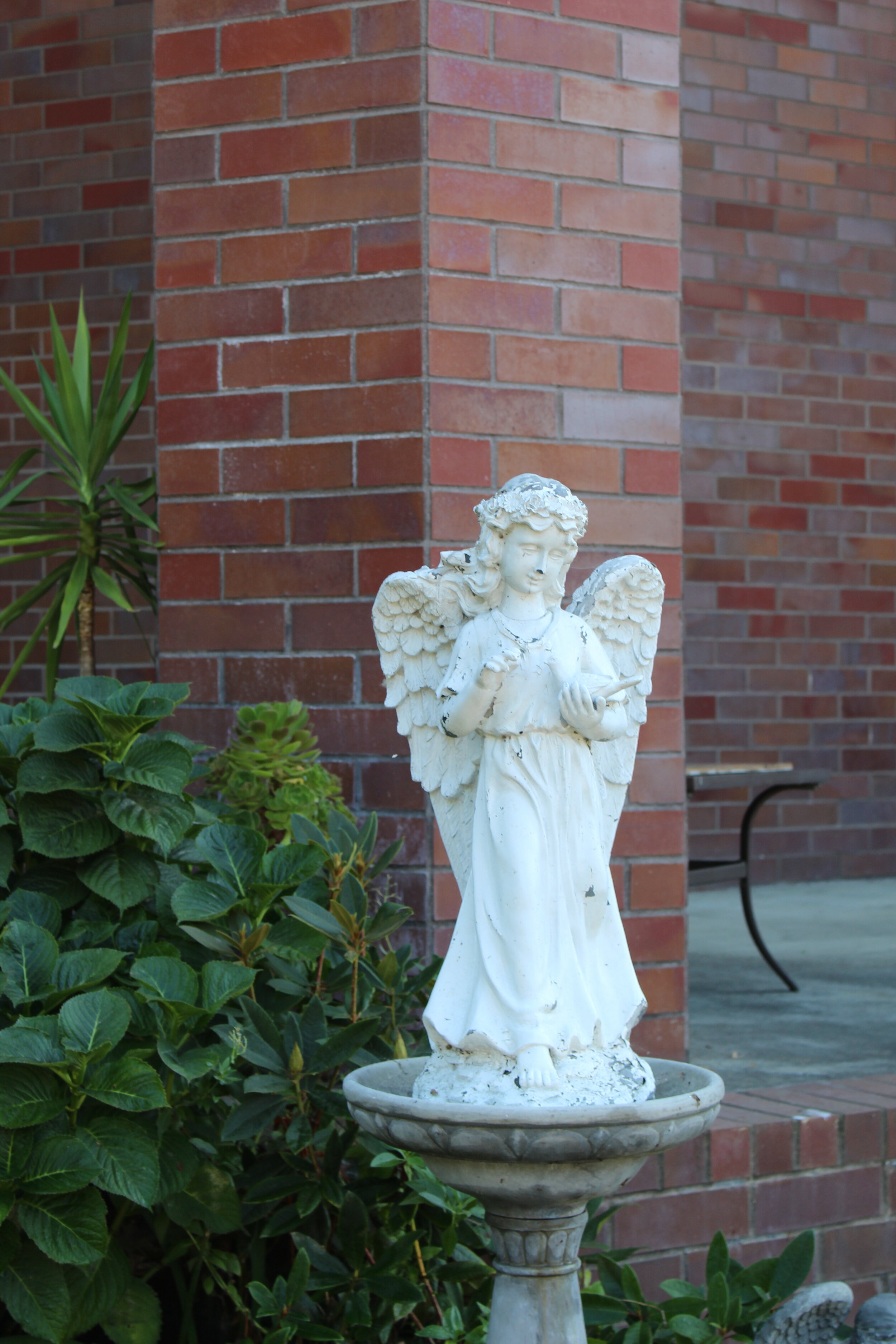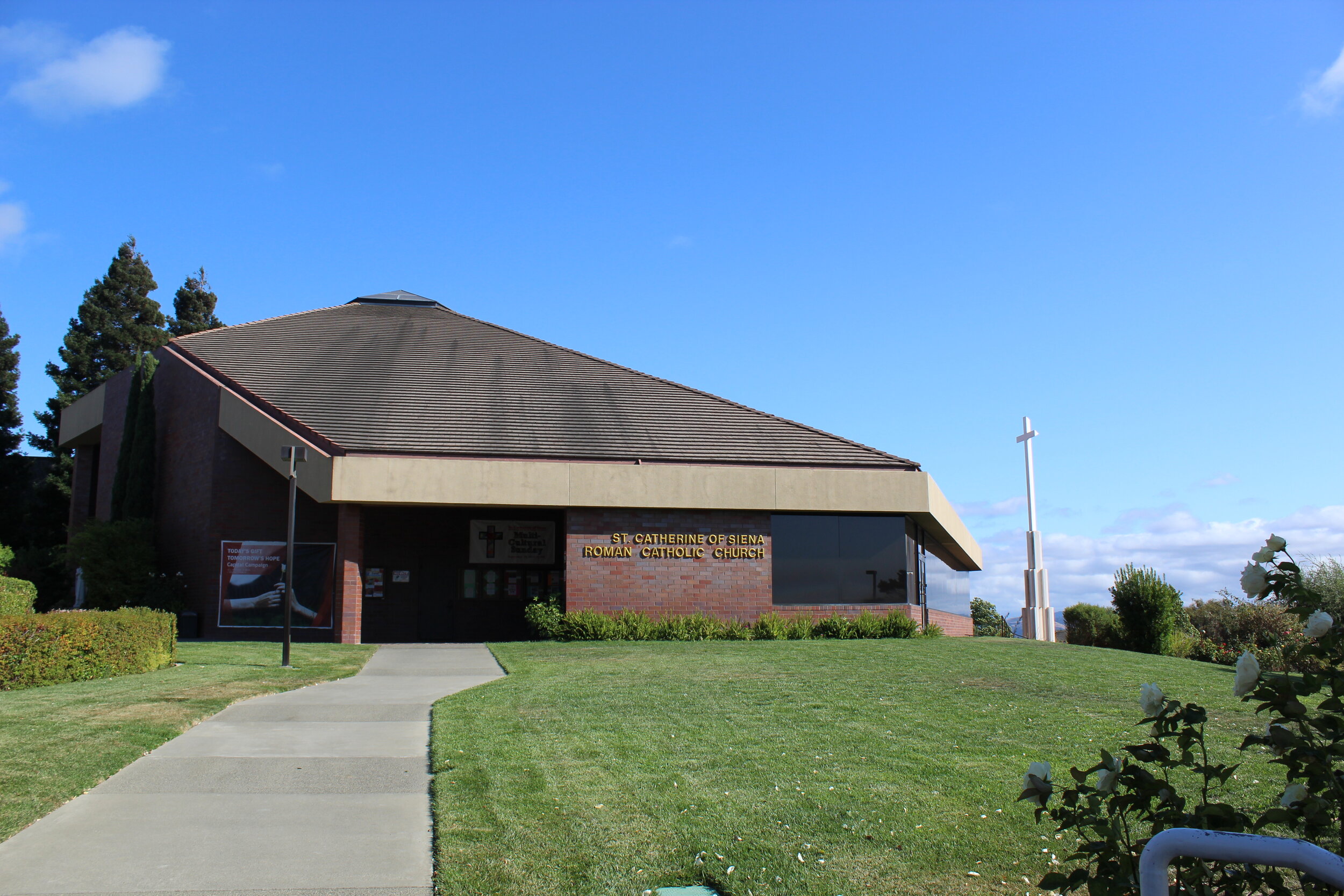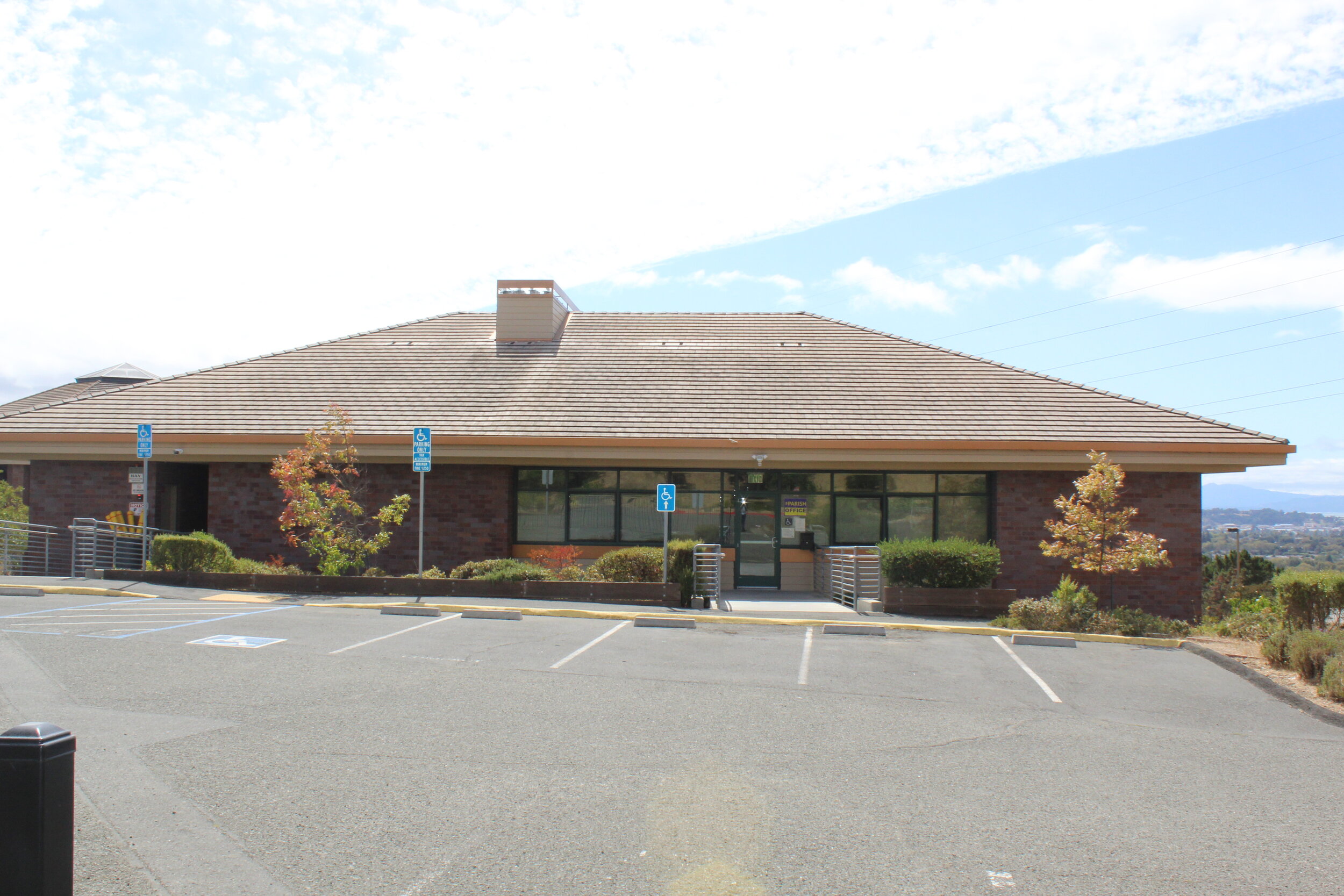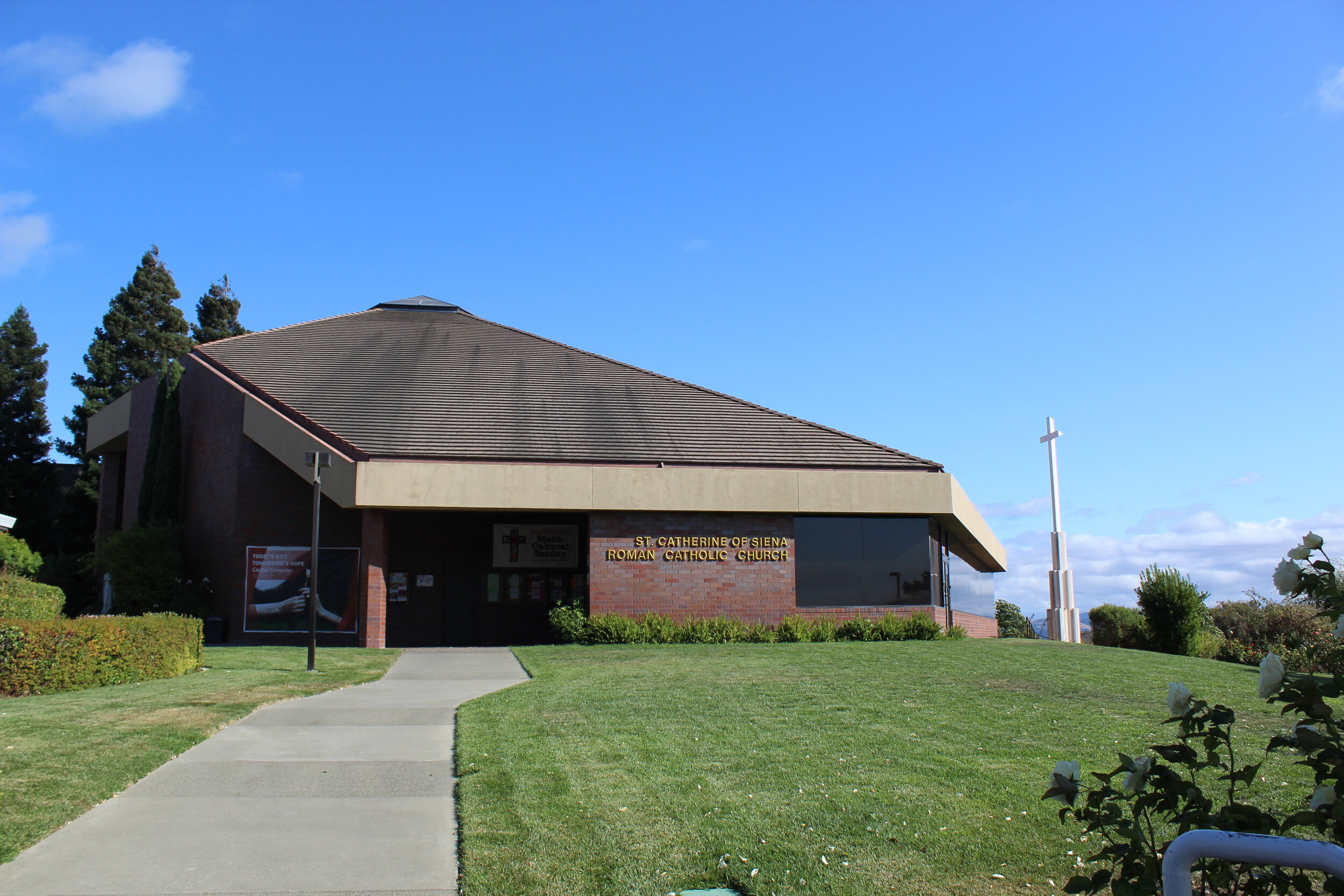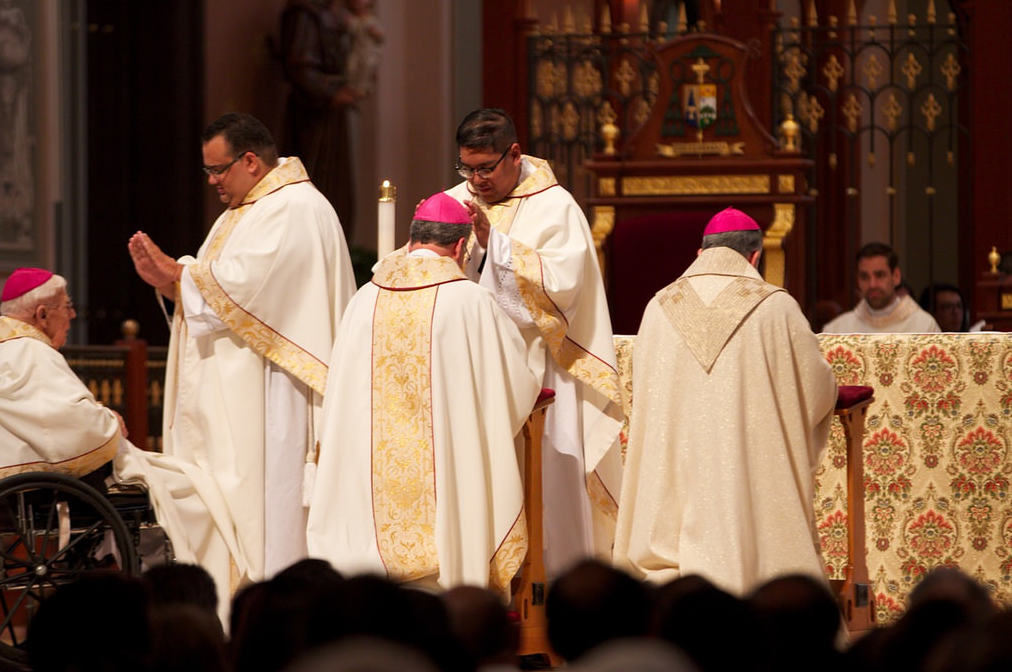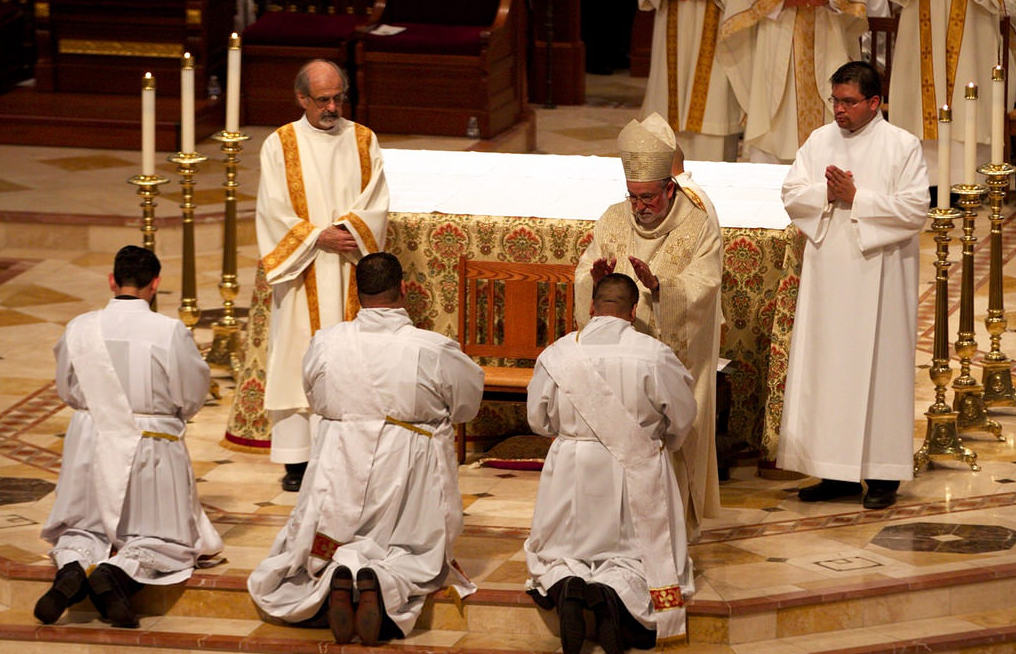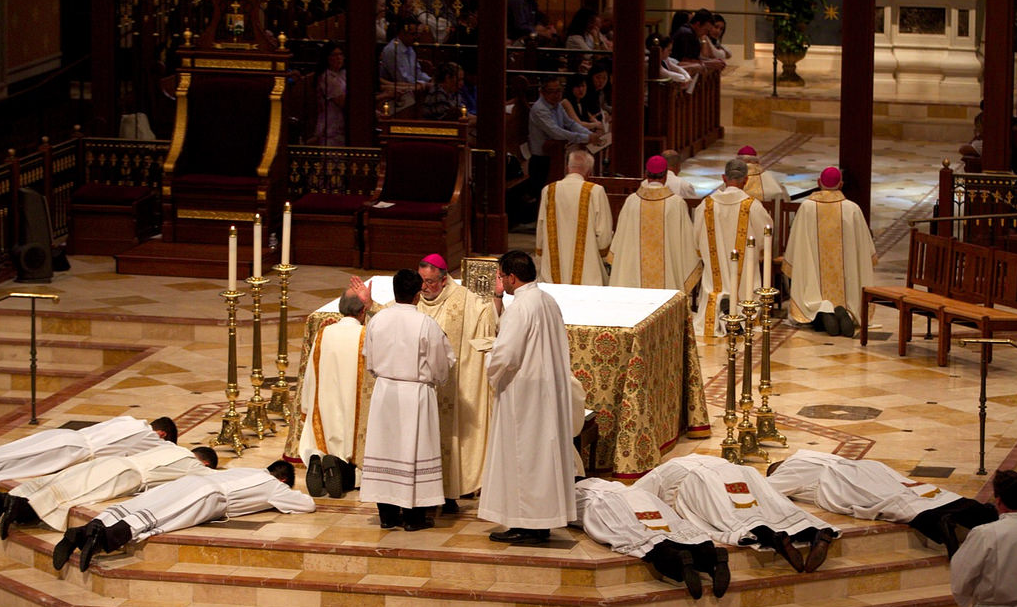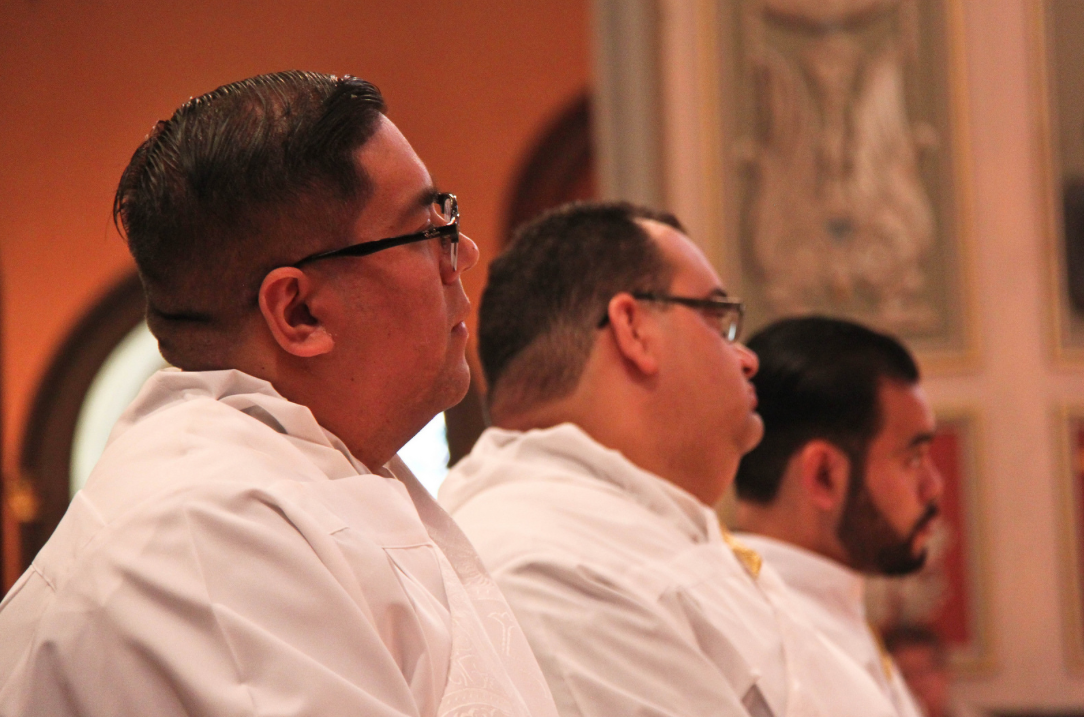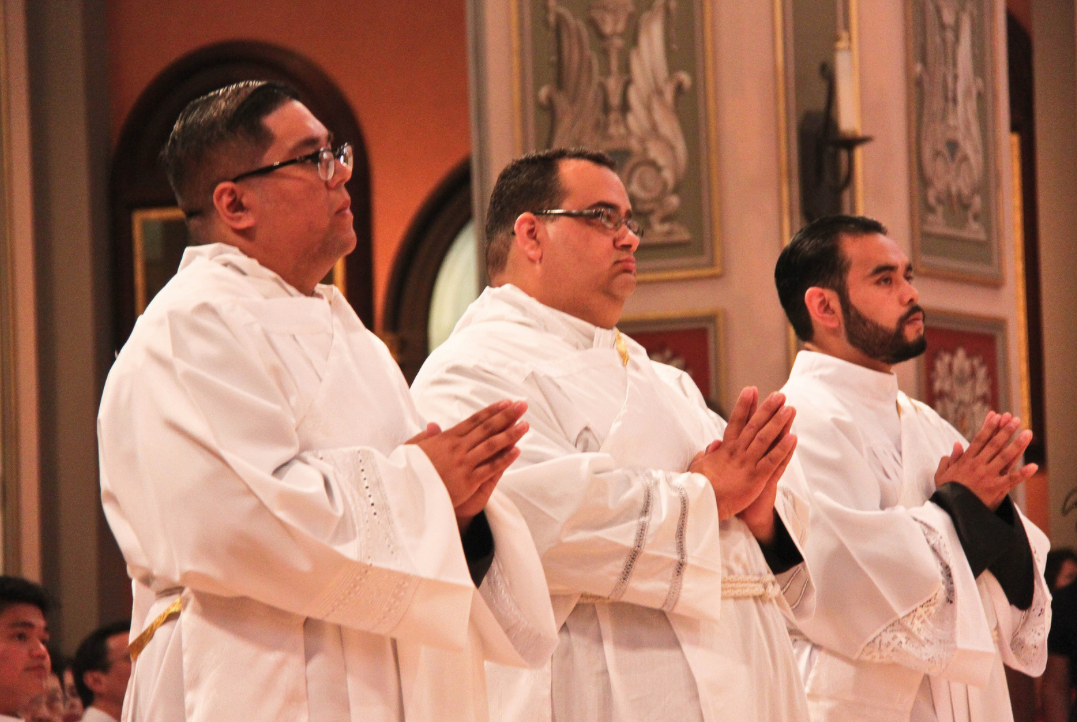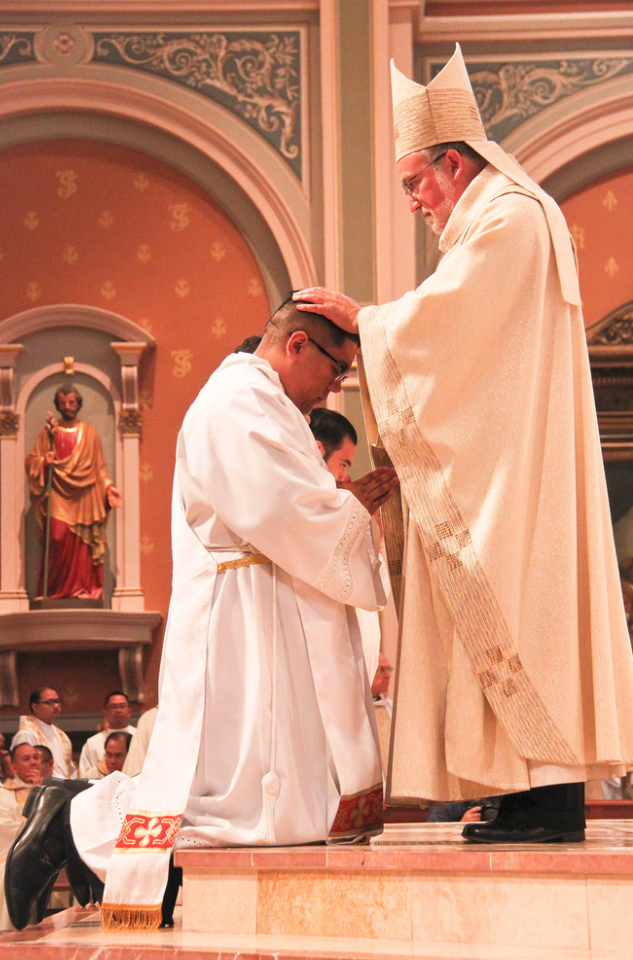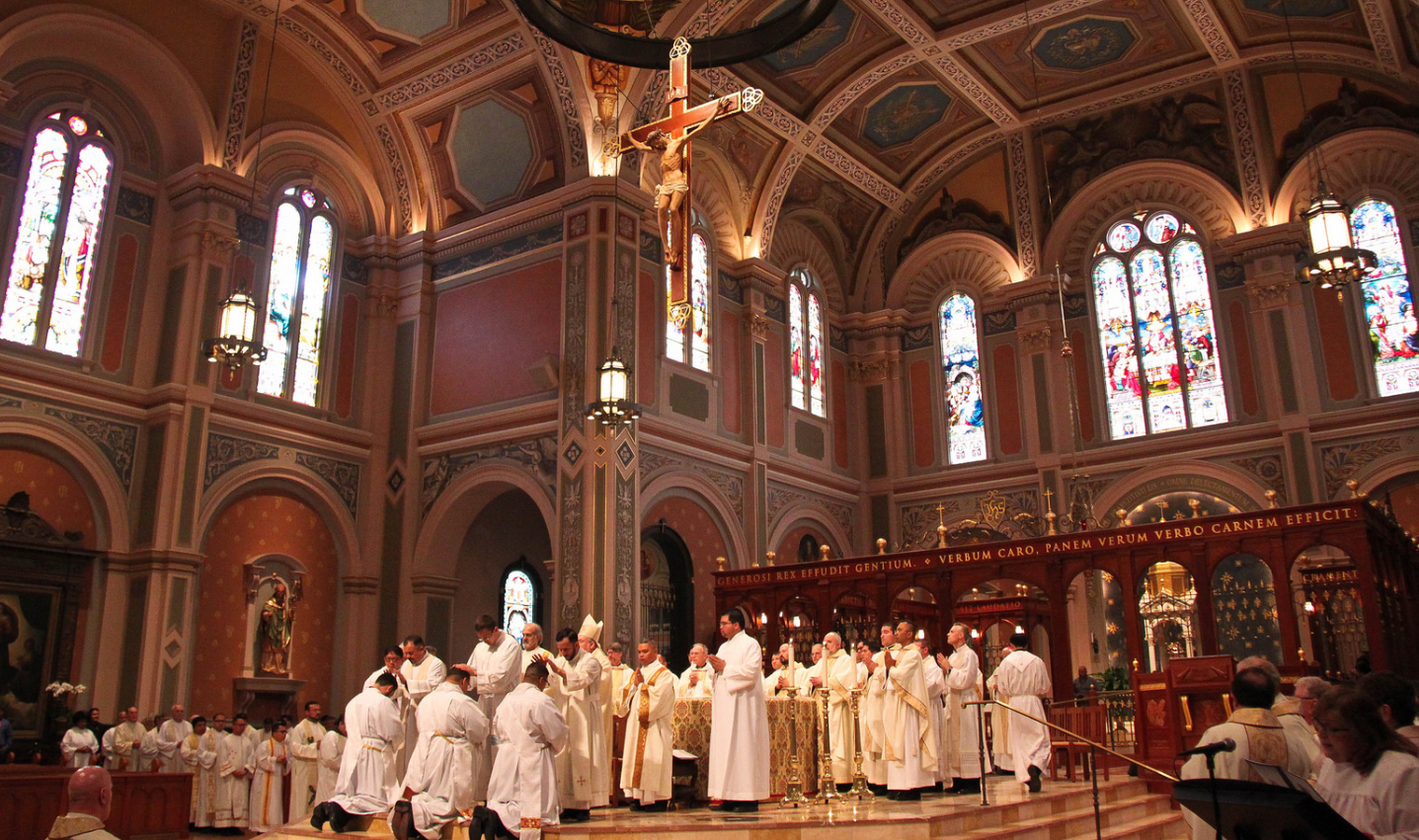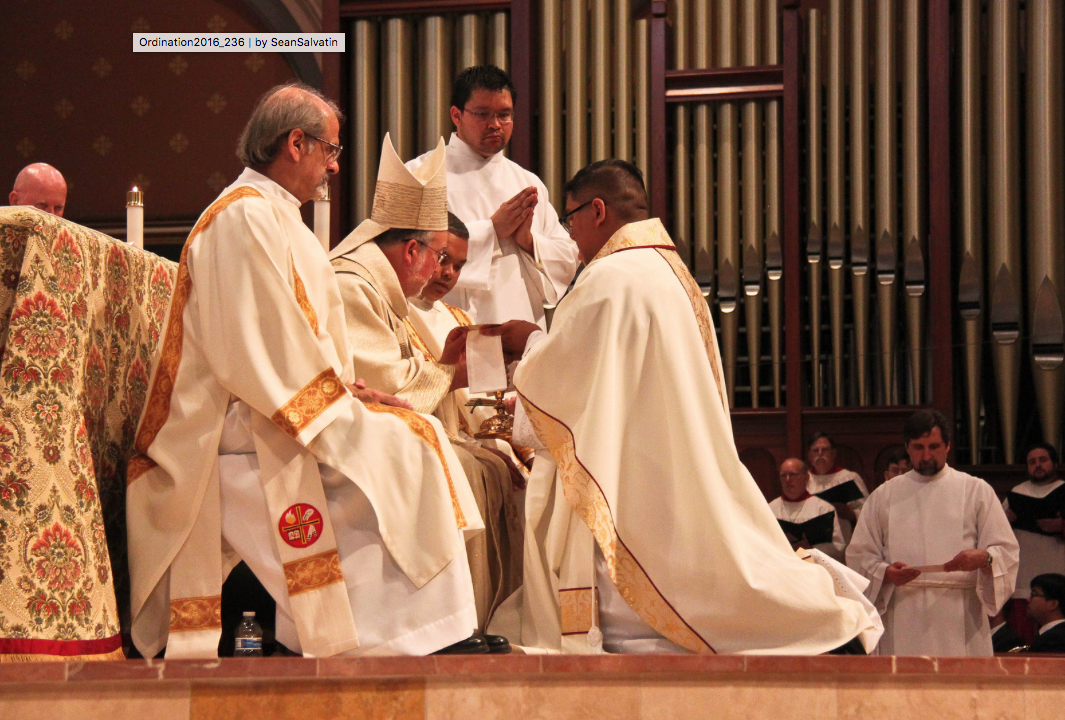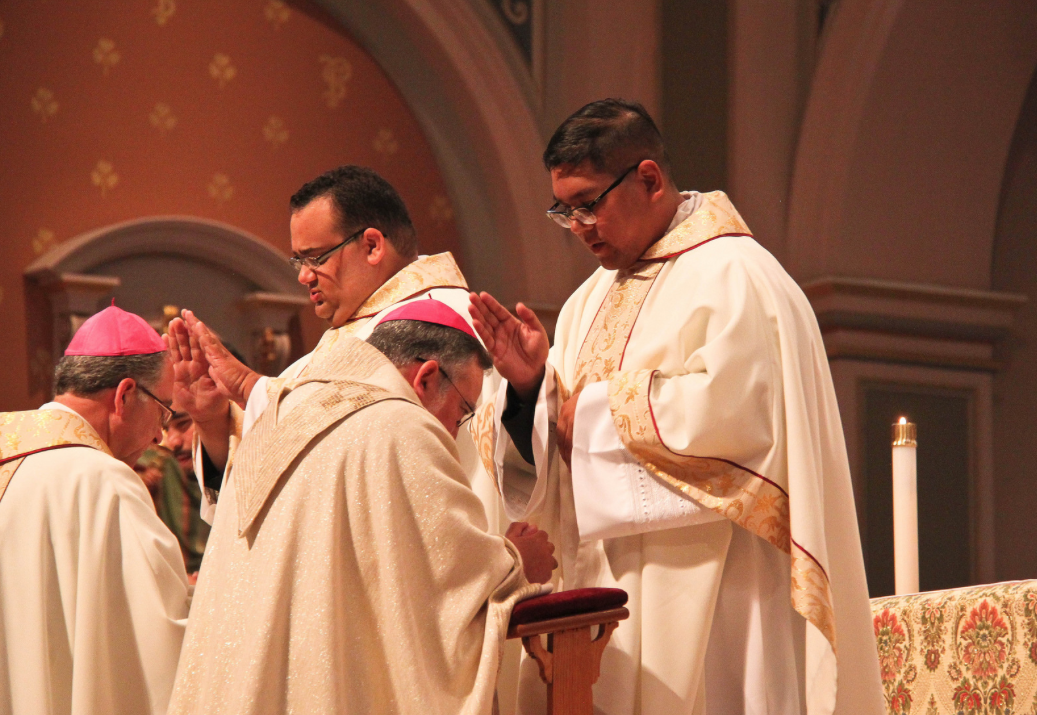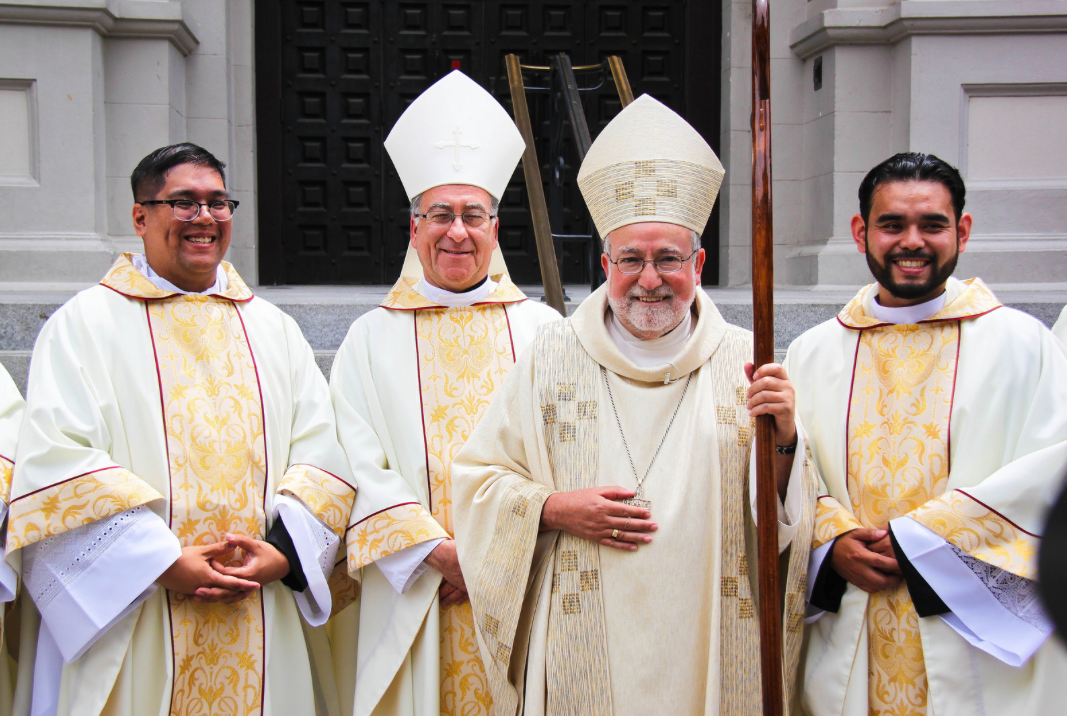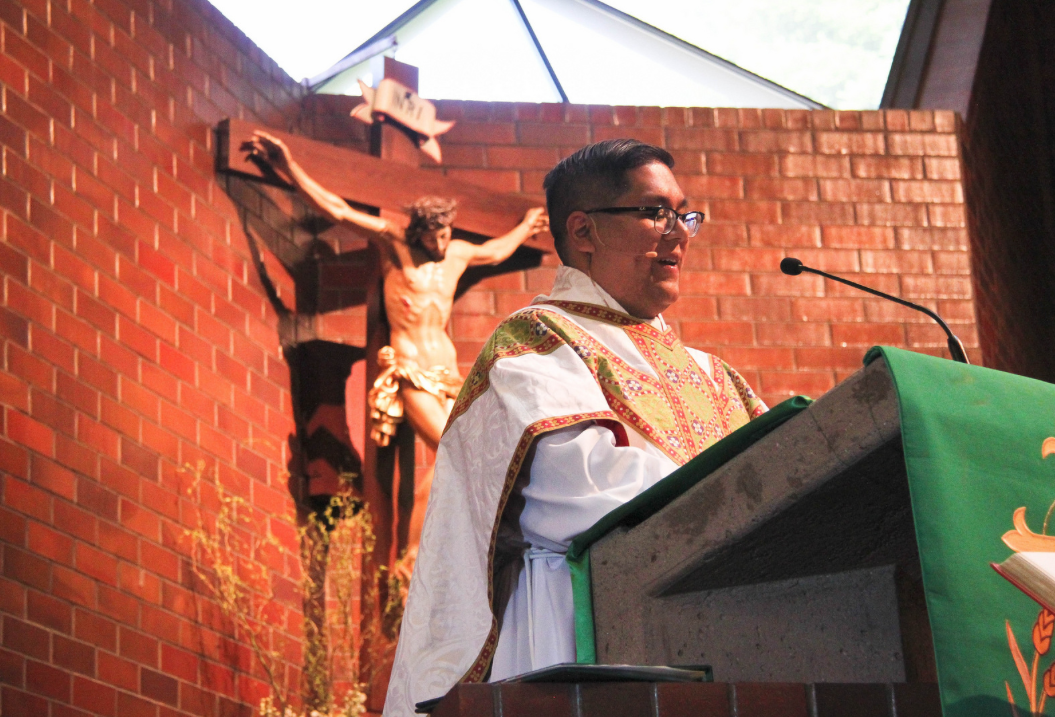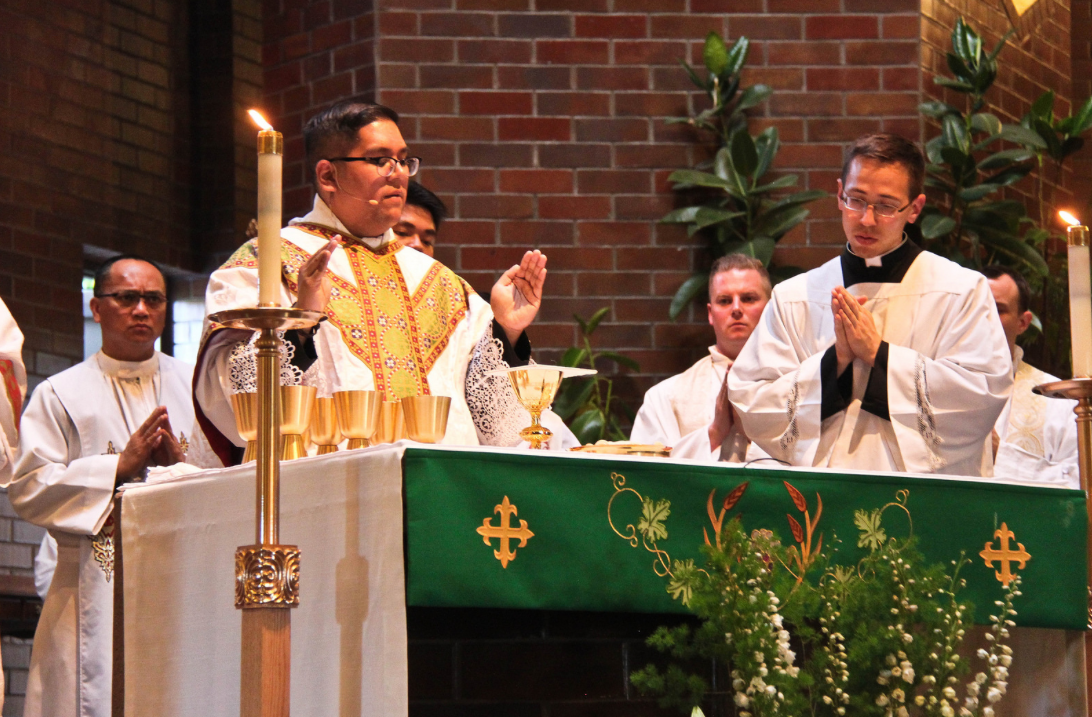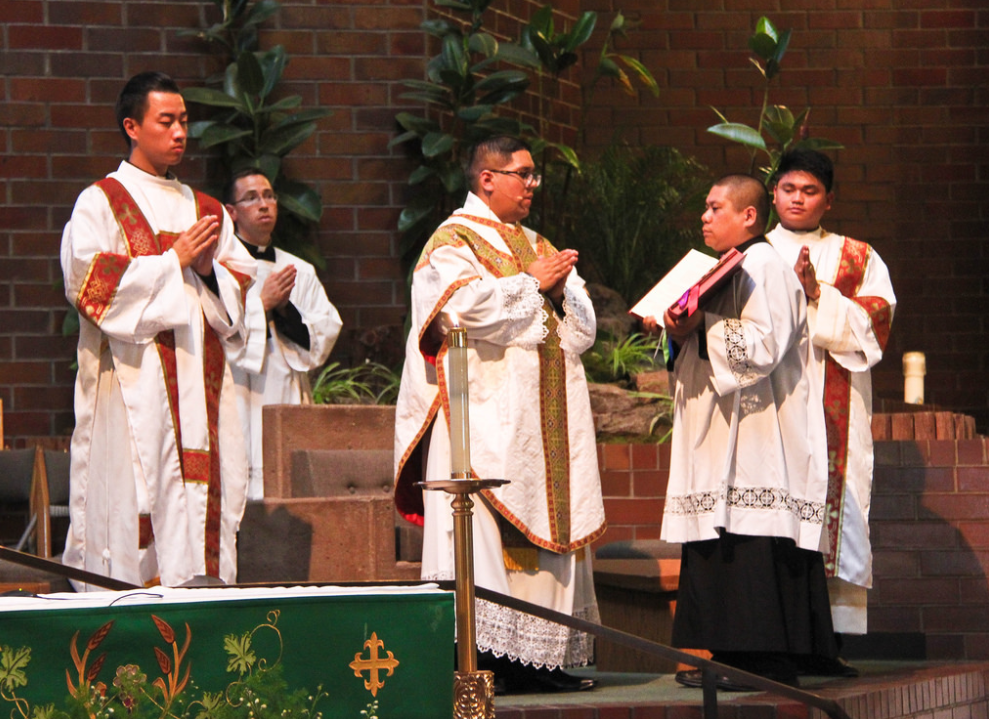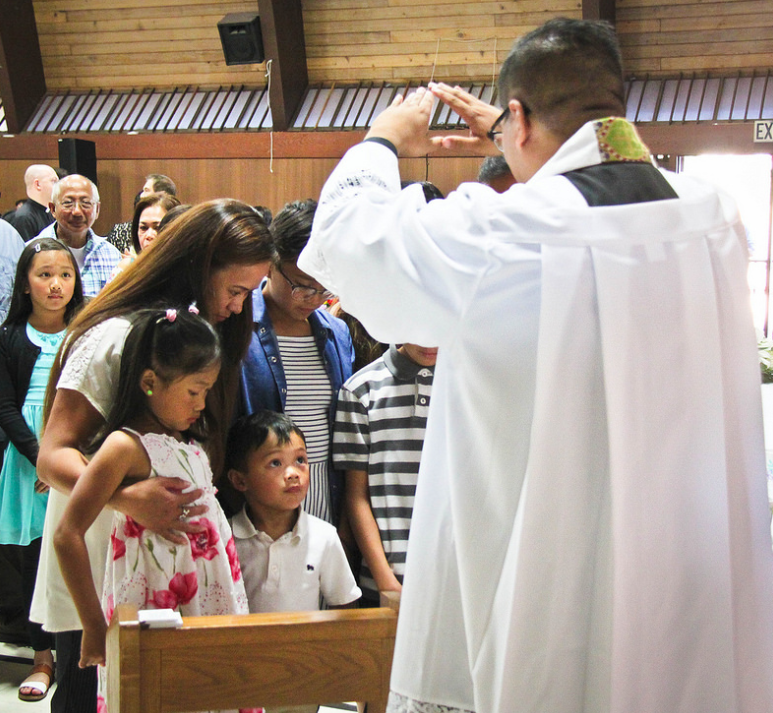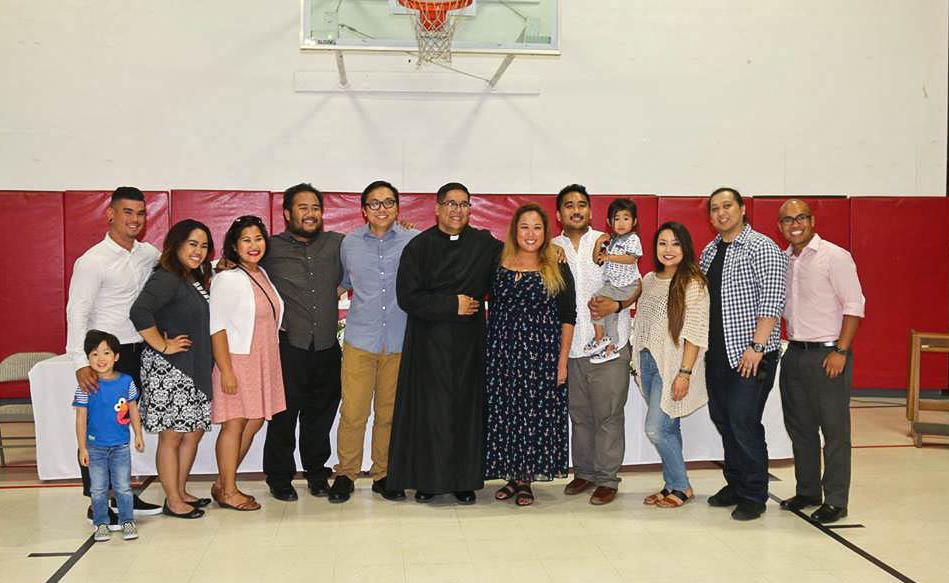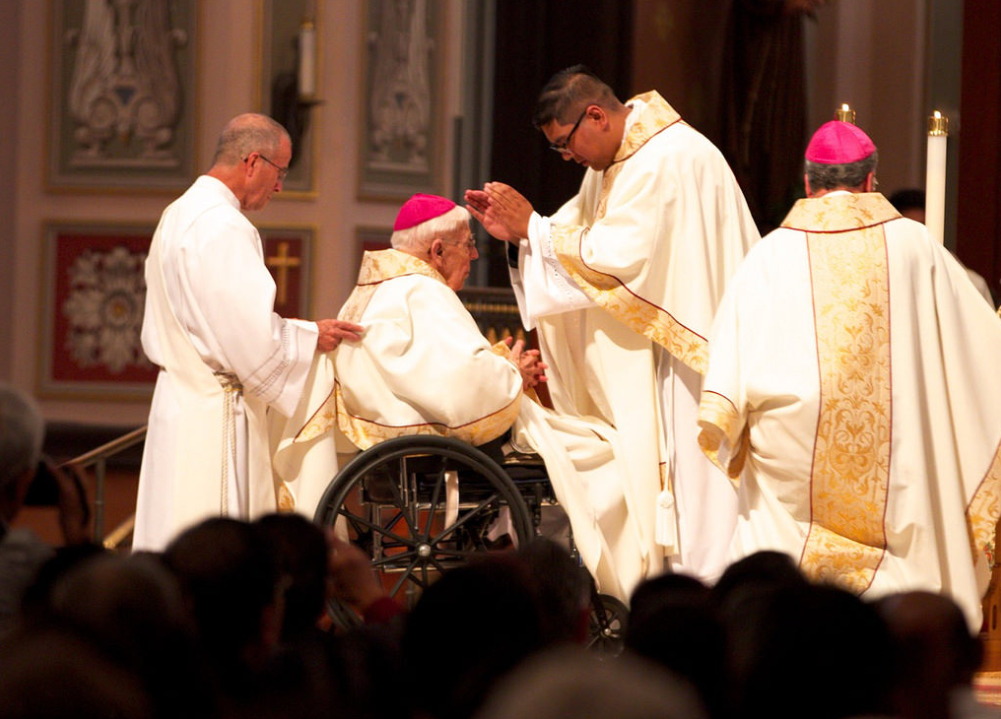Homily on “Living By Faith” (based on the Reading from the book of the Prophet Habakkuk 1:2-3; 2:2-4 and the Gospel of Luke 17:5-10):
Today’s first reading comes from the Prophet Habakkuk. Habakkuk lived around 650 years before the Lord. It was a time of violence. The Babylonians were threatening or attacking the rest of the world, including the kingdom of Judah. Hatred and violence were seen as part of life, and so the prophet Habakkuk cried out for help and deliverance.
The history of our faith is filled with stories of deliverance.
The most popular of all is the Exodus, the story of deliverance of the Israelites from slavery in Egypt to the Promised Land. The Exodus has represented salvation and deliverance for people of faith.
And there are many other stories - People delivered from fiery furnaces and lions’ dens, from giants, from devils, and from mighty armies; delivered from famines, floods, and terrible diseases, even from death. So, the people of faith understand God as a God who acts, who acts for our deliverance… as our Savior because we cannot save ourselves.
We all have our own deliverance stories – from illness, strained relationships, financial struggles, violence, poverty, abuse, … and because of them, hopefully, they strengthened our faith in God.
But – admittedly – our stories have not always been stories of deliverance. What about those times when deliverance did not come? – when it seems our prayers were not answered? Does that mean we did not have enough faith as those people we hear about who have survived through major tragedies and struggles in life?
Let me share three points to ponder:
First - When deliverance doesn’t come, it does not change who God is.
God is still God. God remains the same. Often, God’s methods or ways are not our ways – and are unknown to us.
God’s ways are simply a mystery. Sometimes we cannot know why things happen as they do - but this does not change who God is. God remains our loving, gracious and merciful Father. He will always love us.
Secondly - When deliverance doesn’t come; when our prayers are not answered, it does not necessarily mean we are being punished.
It is possible that we are experiencing the consequences of irresponsible decisions. But all suffering is not punishment. As a matter of fact, both the scriptures and church history show us that the most godly people are often the ones who suffer most.
Think of all the good people, perhaps some of the finest Christians you yourself have known, for whom deliverance has not come. Think of our Lord in Gethsemane. Even for him there was not the kind of deliverance for which He prayed. We should not always complicate our experiences of suffering by adding guilt. When deliverance doesn’t come, again, it doesn’t necessarily mean we are being punished.
Thirdly - When deliverance doesn’t come, it does not mean there is no grace.
Sometimes deliverance and grace are not the same thing. The deliverance that God provides is not always the kind of deliverance we might choose for ourselves - but it is always the victory of grace… maybe not delivering from pains and struggles but overcoming them by the grace of God. God promised that He will always be with us in our struggles in life.
And the Good News is – if you really think about it, sometimes when deliverance has not come, we have ended up actually finding more grace, finding more of God, finding more of ourselves than we would have - if the deliverance we wanted had come – we could say it is a “blessing in disguise”, so to speak.
God, in his infinite wisdom and permissive will, somehow allows us to suffer because He can bring good out of something seemingly bad.
The truest meaning of faith is the capacity to believe, even when no answer to our problem or even when no healing comes – in the way and time we want them. True faith is trusting that God’s grace is sufficient, and will ultimately triumph over all things. As one popular song goes: “He makes all things beautiful in His time.”
Listen again to the Old Testament prophet Habakkuk from our first reading:
How long, O LORD? I cry for help but you do not listen!
I cry out to you, "Violence!" but you do not intervene.
Why do you let me see ruin; why must I look at misery?
Destruction and violence are before me; there is strife, and clamorous discord.
Then the LORD answered me and said:
Write down the vision clearly upon the tablets, so that one can read it readily.
For the vision still has its time,
presses on to fulfillment, and will not disappoint;
if it delays, wait for it,
it will surely come, it will not be late.
What is that vision? The big picture - God’s vision of the world. His plan is still unfolding. God knows what He is doing with the universe.
Let us pray for wisdom every day. Wisdom is seeing things and events, seeing ourselves and seeing other people, seeing our current circumstances and reality as God sees them. We need to pray for wisdom everyday.
Let us put our faith in God’s love and mercy – even if it seems to be taking forever – let us not give up.
So – if it delays – What are we supposed to do? WAIT!
Admittedly - like Habakkuk, we lament and complain – we get impatient - How long O Lord?
We can all relate and identify with that prayer and must have expressed it ourselves. At times – we get to a point in our life – we get frustrated - we just do not know what to do anymore and we start to question why God does not do something.
How long? Listen to the answer: “If it delays, wait for it, it will surely come, it will not be late.” - in God’s time… in God’s good time, in God’s ways, in God’s plan which holds everything together.
We all have our own problems of all kinds – losing a loved one, illness, financial problems, relationship problems, … and recognizing our own weaknesses, we come together today to pray for faith and for the courage to live our faith and for the grace to accept the complexities of life… that God works in ways we do not easily perceive or understand.
Faith is confidence in the will and purpose of God which gives us the power to endure whatever may come.
Let us pray that we continue to put our trust in God and in His Divine Providence.
Like the apostles, we pray: “Lord, increase our faith.”
So - If you think you have been given a difficult role in life, or if your faith leads you to face steep challenges, continue to give thanks to God. He obviously has great plans for you and me. God has given us the faith we will need. Let us use that faith, and we will see God do what we could not do on our own.
Like the servants in the Gospel, we continue to be faithful and we continue to serve God, do His will as He commanded … and that is all. To God, and not to us, be the glory. What greater joy could there be than that?
God bless…






